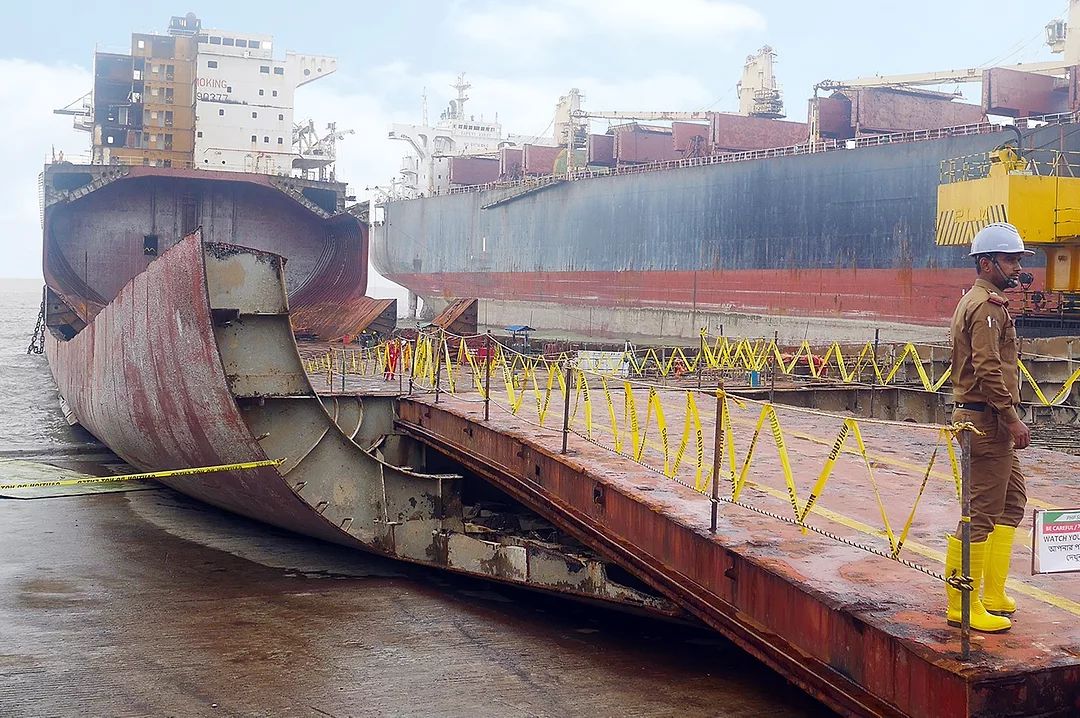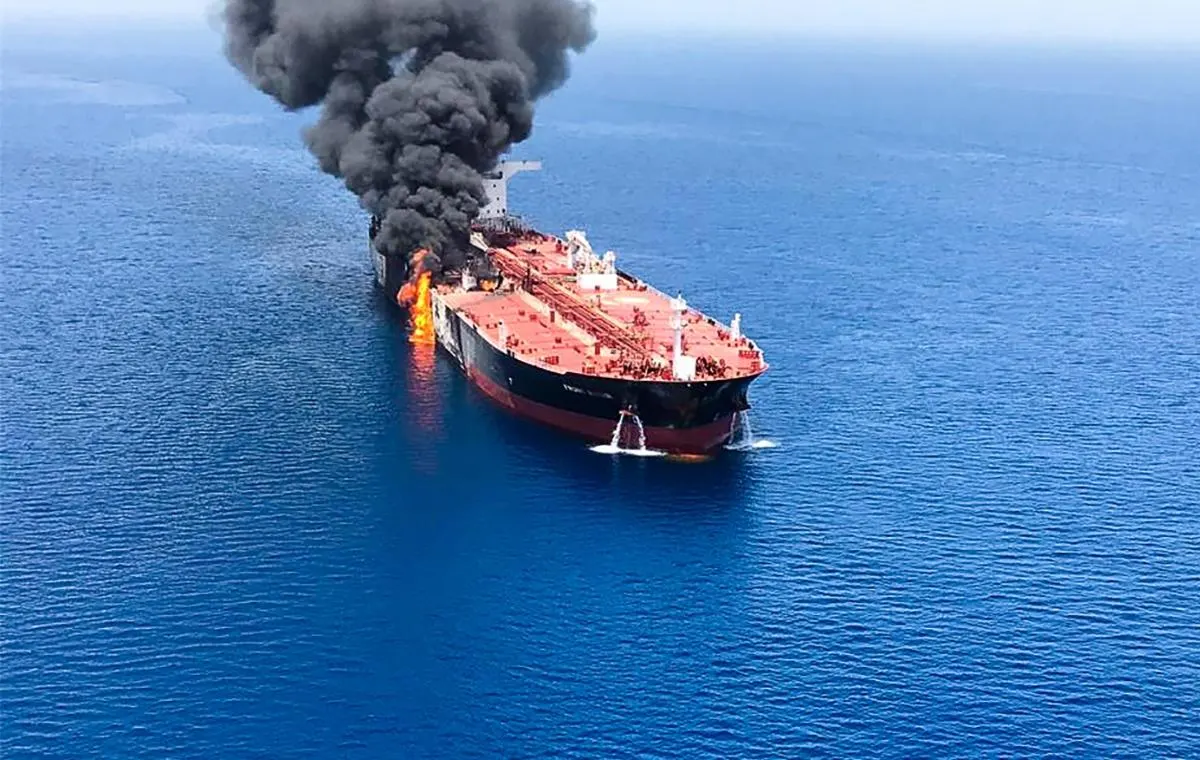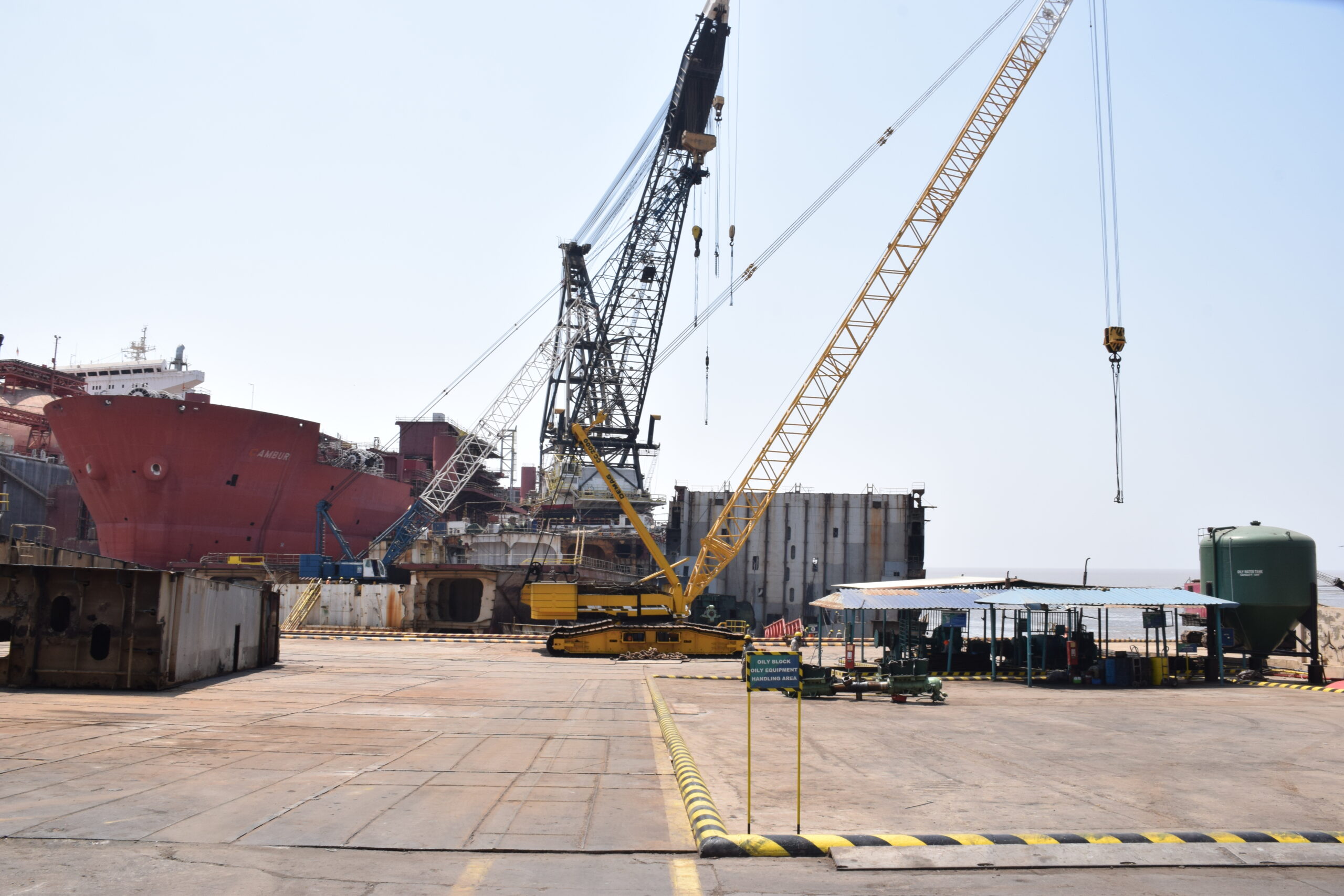Will There Ever Be a Peace Deal Between the Basel and Hong Kong Conventions?
A long-burning dispute over regulation of end-of-life ships is far from resolved: the Basel Convention and the Hong Kong Convention continue to sit uneasily together, and shipowners, recyclers and regulators warn that the conflict could drag on for years — unless fundamental legal and political work is done now.

A Tale of Two Conventions
At the heart of the matter lie two global treaties, both designed to regulate aspects of ship recycling — but built on very different foundations. The Basel Convention governs the transboundary movement of hazardous waste, demanding prior informed consent (PIC) from states before toxic materials cross borders. The Hong Kong Convention (HKC), by contrast, specifically addresses ship recycling from a cradle-to-grave perspective: design, operation, decommissioning, and dismantling. It mandates an Inventory of Hazardous Materials (IHM) for ships and requires recycling facilities to be authorized under its standards. Wikipedia+2Gard+2
On paper, the HKC was meant to bring clarity — but as it enters into force on 26 June 2025, conflicting provisions between it and the Basel Convention are hurting that ambition. bimco.org+2Wikborg Rein+2
Why the Disagreement Matters
Shipowners and recyclers have sounded the alarm. In a recent intervention, BIMCO (the major shipping association), along with the International Chamber of Shipping (ICS) and major ship-recycling nations (Bangladesh, India, Pakistan, Türkiye), warned that if the overlap isn’t legally addressed, those complying with the HKC could still face sanctions under the Basel Convention. bimco.org+2Port Technology International+2
A key inconsistency: once a ship is certified for recycling under HKC, it can continue trading for up to three months — yet under Basel, during that same period, it could be classified as hazardous waste. That raises the risk of a vessel being detained or prosecuted even when acting in accordance with HKC. bimco.org+1
BIMCO’s Ship Recycling Alliance, representing both shipping companies and recyclers, submitted a paper to the Basel Convention’s upcoming COP-17, calling for clarity. bimco.org They argue that unresolved legal contradictions could slow the global shift toward safer, more sustainable recycling.
What’s Being Proposed — and What’s Holding Back a “Peace Deal”
In late 2024, the IMO’s Marine Environment Protection Committee (MEPC) approved provisional guidance on how states party to both conventions might reconcile their obligations. bimco.org+1 The suggestion: States should notify the Basel Secretariat under Article 11 of the Basel Convention, declaring that for ships meant to be recycled under HKC, the Basel provisions “shall not affect” such transboundary movements — effectively giving HKC priority in certain cases. Norsk Skibsrederforening+1
However, even this proposal is not universally accepted. Critics point out that such notifications are voluntary, and not a binding “override” of Basel. wiki.ban.org Moreover, some argue this approach sidesteps whether HKC actually offers equivalent environmental safeguards to Basel — a point that must be assessed collectively by Basel Parties, not unilaterally. wiki.ban.org
From the Basel Secretariat’s perspective, the disagreement may persist for several more years: the next formal reckoning of these issues is expected at COP 18, scheduled in 2027. Riviera Maritime Media
The Real Tension: Legal or Political?
Experts say the problem is not purely legal — it’s deeply political and economic, too. While the two treaties are not strictly incompatible under international law, putting them into practice together imposes real-world burdens. The Maritime Executive+1
As Dr Ishtiaque Ahmed recently argued, there is no legal “mutual exclusion”: the Basel Convention doesn’t explicitly require that HKC be ignored, and both could operate in parallel. The Maritime Executive The tension arises not because the texts are irreconcilable, but because the cost and capacity to comply differ across countries — especially in shipbreaking hubs like Bangladesh, India and Pakistan. The Maritime Executive+1
Risks If Nothing Is Resolved
-
Regulatory uncertainty: Shipowners may delay end-of-life decisions, or avoid HKC-compliant recycling yards for fear of Basel liability.
-
Legal exposure: Without harmonization, vessels may still be at risk of detention or prosecution. bimco.org
-
Greenwashing risk: If companies follow HKC-compliant paths but still run foul of Basel, reputations and investments could suffer.
-
Fragmented implementation: Countries might pick and choose which convention to apply, undermining the goal of uniform, safe ship recycling.
A Path Forward — Is “Peace” Possible?
There are glimmers of hope, but only if states act decisively:
-
Basel Parties must engage more deeply at COP 17 and beyond — not merely welcome the HKC’s entry into force, but deliberate on whether it meets Basel’s environmental benchmarks.
-
Broader use of Article 11: More states might formally notify under Basel that they will treat HKC-compliant recycling as environmentally sound, if procedural safeguards are assured.
-
Capacity-building: Recycling nations need support to meet Basel’s and HKC’s joint requirements — especially for waste storage, treatment, and certification systems.
-
Legal reform: Strengthening international guidance (or even amendments) could help codify how the conventions should interact in practice.
-
Industry alliances: Groups like BIMCO’s Ship Recycling Alliance should continue bridging between shipowners, recyclers and diplomats — pushing for workable solutions.
Bottom Line
There could be a “peace deal” between the Basel and Hong Kong Conventions — but it won’t be a quick fix. The legal mechanisms exist, yet the real challenge lies in political will, economic alignment, and international trust. The next two years will be decisive: if Basel’s COP-17 and other forums deliver clarity, stakeholders may steer the ship recycling sector into a safer, more sustainable future. But if inertia prevails, the risk is that the very systems designed to protect people and the environment will remain out of sync — and perilous ambiguity will persist.
Author: shipping inbox
shipping and maritime related web portal









